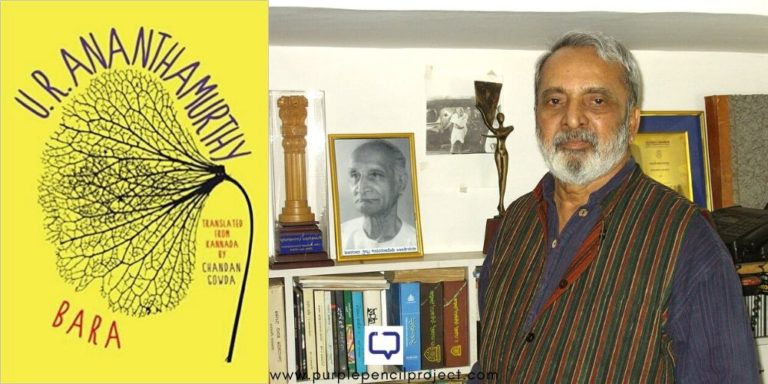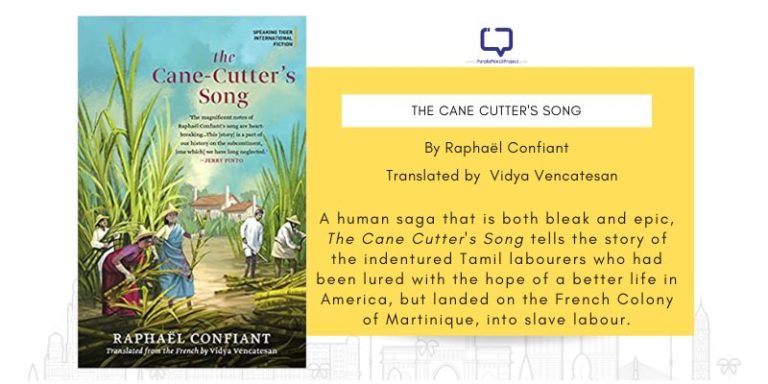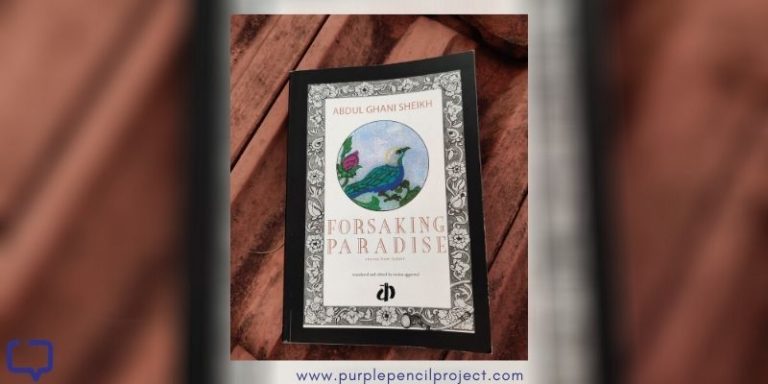I wake up, my arms aching from a night’s cold, from having slept but not feeling rested. I remember a professor, in the final year of my bachelor’s degree, one that feels a little useless in life right now, telling the class how you should start your day with a touch of art. “Wake up at 6, watch a film, read a few pages of a book. It will be the best start to the day.” His words echo, from a simpler past, a peaceful life.
We encourage you to buy books from a local bookstore. If that is not possible, please use the links on the page and support us. Thank you.
Anjum Hasan’s A Day in the Life rests by my bedside. It has a beautiful cover design, little moments captured on canvas, or digital, I cannot say. The first story among a collection of 14, is “The Stranger”.
I pick it up, and then decide, from the languid pace of her first few sentences, that this is a book that will take me somewhere else, maybe. It’s about a middle-aged man who has retired to a small town, which has a past but cannot quite shift gears to the future. This in-between space exists, and we have all seen it. In this space, communal riots happen, but they don’t make much sense, retired personnel of the armies live, with their stories, with their old age. Sujay Gowda, Vincent Rodriguez, and our narrator.
I bathe, contribute to a few house chores, and head to work. On the train, I read “Sisters”. Jaan and Jamini, one first-world, one blue-collared labourer. On the first page, I’ve made a margin note – “me today” against the following sentence:
She closes her eyes in order to find a point beyond pain, searches in the debris of her fever-racked mind for an earful spot in which to rest her sore bones. But every corner has been ambushed by the same word. Sick.
Right now, I don’t remember why I did that. But I remember feeling that this was a clichéd story, talking about the lives of the rich versus the lives of the poor and how their world-view sometimes helps each other out.
My week begins like this. A new book, each about the day in the life of a character. Each story intertwines with my own days. “The Question of Style” is about Daisy and her elder sister, growing up, aspiring to be “stylish” – a word that in the Indian context takes many meanings- because they were “telu”. I know this feeling, I was an uncultured child in a convent full of “stylish” girls, who knew the latest fashion, English movies and music, and had boyfriends when they were still in school.
The Legend of Lutfan Mian takes me, travelling, one among the many millions, to the Benares of 1872, when two friends take a trip – for one, a rite of passage, for another, a routine. Lutfan Mian and Gopal, fighting, laughing and walking along to a destination. A time in another century, when being a messenger was a career for fast runners like Gopal, and when buying a silk saree for your bride-to-be was the high point of your week.
Then, that adventure is retold by many, stories that run in the family, and become legends.
Mathew and Gulfam make for an interesting pair in “Yellow Rose”, a tale about a girl with the ‘soul of a cyborg’ and a regular guy. Are they friends? Will they be lovers? One day can change every equation, and eventually, you may find a home, or a person to call home, even in overwhelmingly crowded cities.
Recently, my cousin secured a small scholarship on the day of my grandfather’s death anniversary. The family was elated. He was with us, this was a sign. Do our elders return? We try. The day of the dead takes various forms. Here, it’s the crow, who Kalpana and her three-year-old son Monu wait for, while the narrator, her neighbour, is also out on the balcony. Mothers who stay at home, and their routine. A headache, happiness.
Then, “Lady with the Dog” – is set in Sweden. A good story, yet familiar, like it has been repackaged a little too obviously. “Bird Love” or the day of a wife, Punitha, who has come to a town bigger than her parents’ and who spends her days cooking and waiting for her husband. Fluttering, like the birds on her window, wondering what life has in store, what surprises she will meet with. Her worst fear so far? That her husband, Partha, maybe a non-vegetarian. You understand them both, her hesitance and his ambition.
Then, I shut the book. I am a little dead, hearing of little girls being raped. “I Am Very Angry”. The next story resonates with my mood. I am the lonely man, TS Murthy, the old soul, who wishes for nothing but peace, and around me, people like the Krishnaraos who are constantly angry, fighting, and shouting. I want to shout too, I want to tell the world that I am angry. But who cares? I will steal what I can; an afternoon of peace, sitting with someone I can tolerate, watching some TV.
If you live in a city, you know shady bars, with names like “Elite”. You know that sometimes, guys and girls meet there, that there are brawls, that sometimes, men hit the waiters for an “insult”. Sometimes you intervene and confront. Sometimes you don’t.
I am 24, and I have complaints that reflect my pampered upbringing. “Nur”, is out, looking for her husband Salim, who has disappeared with her money. She prays for him to come back, so that she may have kids. Till then, she will think about pani puri and raw mangoes. Life will move on.
“Father, Son”. Sweet, bitter. Bitter, Sweet. Cycles of discord and making up. But sometimes, the city can stop you from reconciliation with your own child. And that is okay. Sometimes, you will be tired of taking buses and rickshaws, following directions, and going around in circles. You will want to compose poetry, take in the moment, but this constant motion will not let you. It is okay, you can grab a drink, be the poet you are, and take care of your troubles tomorrow.
“Little Granny’s Song” – is the story of a poor, old, crippled woman. A day in her life. A day of pain, nostalgia, and longing. A day close to death. And then, finally, “A Short History of Eating”. A young couple, eating out, trying everything new. And suddenly, there is too much of it, there are too many restaurants and too many cuisines and suddenly, instead of food discovering you, it feels like it will out to get you.
And then the book shuts close. And my day, now turned into a weekend, turns to more domestic concerns. The little moments are there, but I am too fast to catch them.
Favourite Quote:
Later, he would see her going past the house…dressed strangely, in flapping salwars and army boots…always apparently in some place other than the one her body was restlessly moving through.
Recommended Age Group: 18 and above
onWriting received the book from the publisher for review, which has not had any influence on the review.
If you wish to have your book on the website, please email sakhi@www.purplepencilproject.com.






















